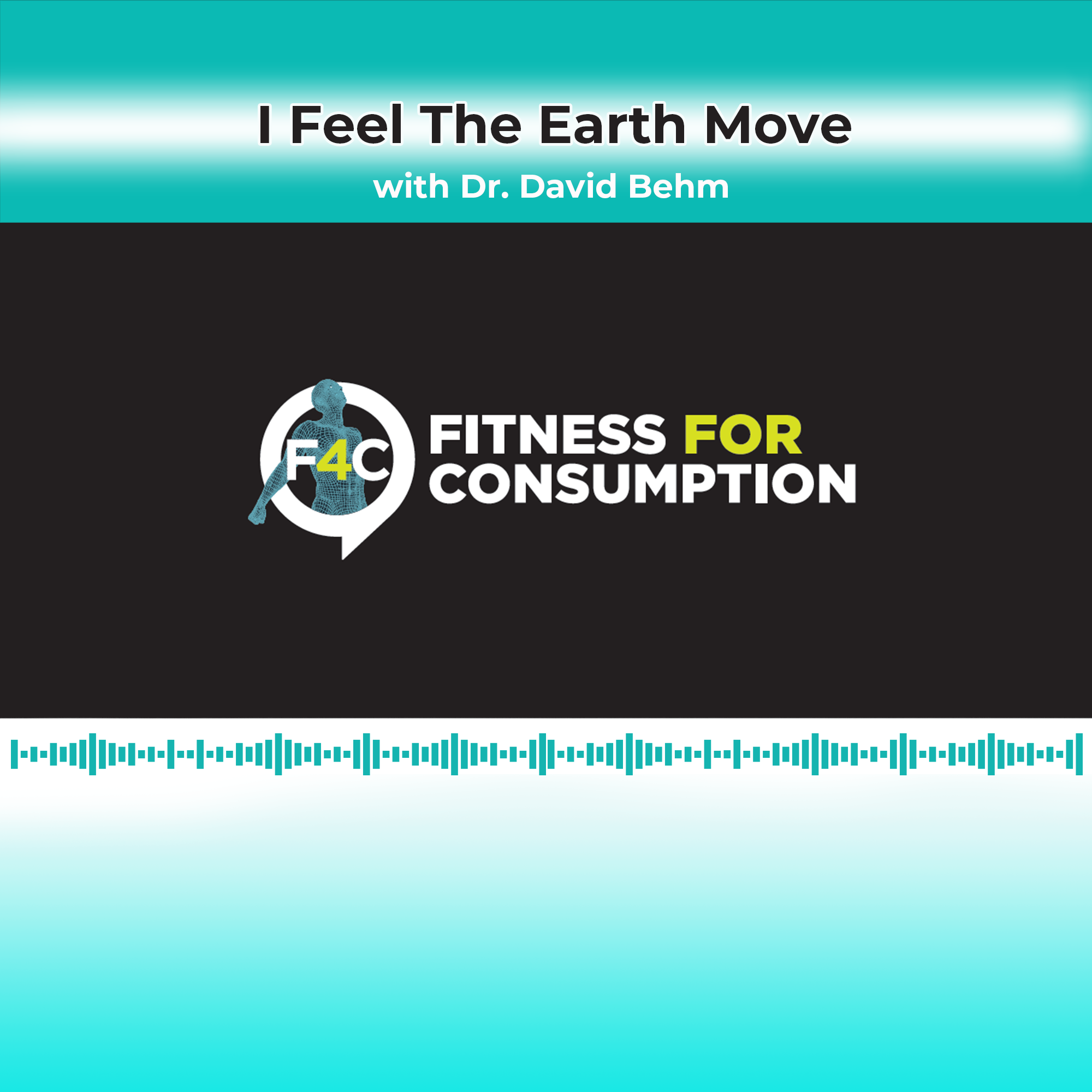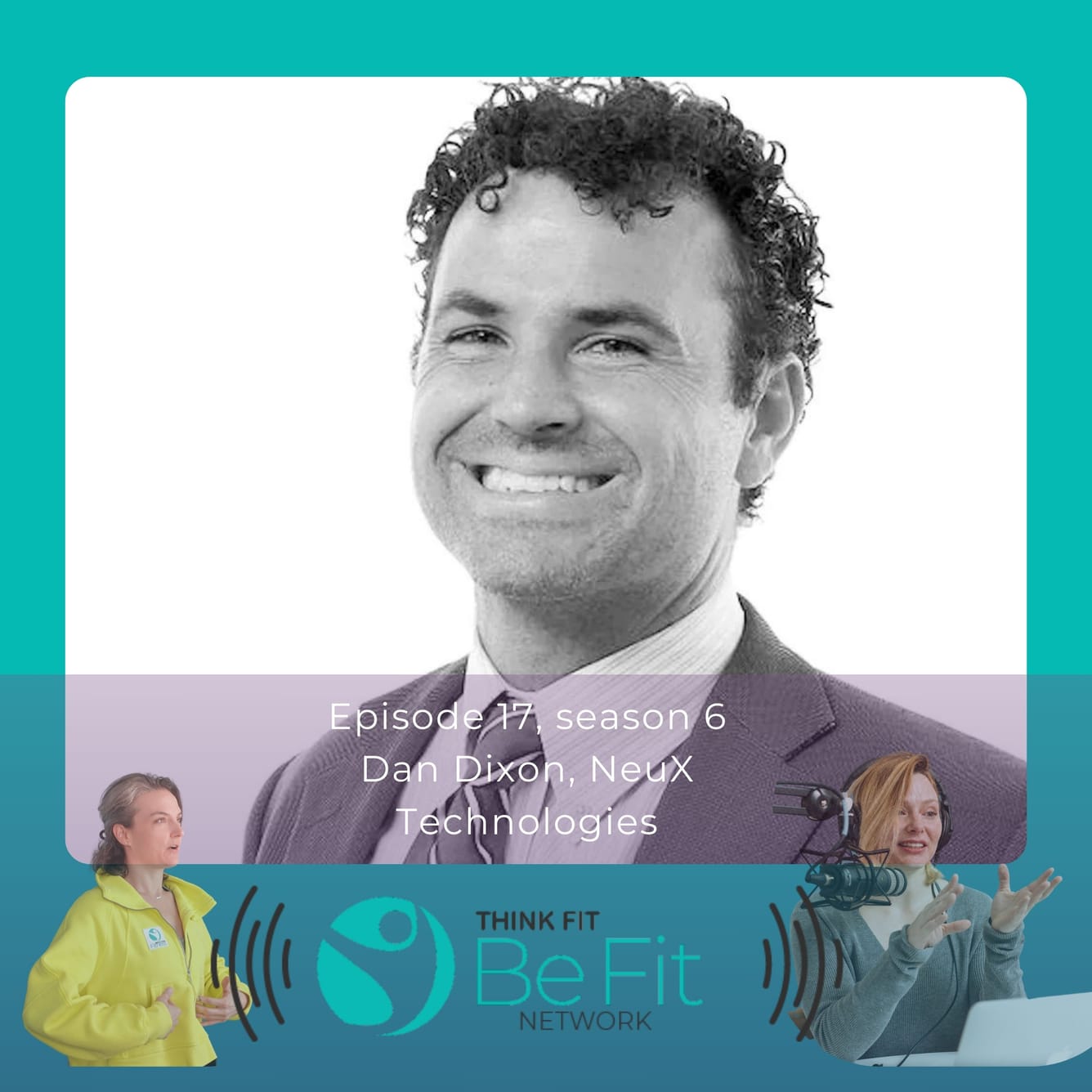I Feel The Earth Move...

with Dr. David Behm
Dr. J, Gregory, and special guest Dr. David Behm scrutinize one of today’s most popular training practices, unstable surfaces. From foam pads, to physioballs and Bosu’s, the fitness world is literally moving beneath our feet.
But are these tools really effective? As usual, that depends. Listen in as they share insights, research, and practical suggestions that may have you seeking more solid ground.
What’s round, made of rubber, used frequently in the gym and can diminish your ability to produce force by at least 60%? Well, if you answered Swiss Ball, you’d be correct, although in Switzerland, they’re referred to as physioballs; go figure. Kidding aside, in this episode, instability training is placed under the microscope of our guest, Dr. David Behm, one of the preeminent researchers in this area.
Isn’t the reason we go to the gym to maximally work our muscles, as we would on a physioball? Perhaps, but fully activating all of our muscles can interfere with effective movement outcomes, instead of producing high quality results. It’s possible, in fact, to have higher muscle activity, but lower force output. What would that imply? And while seemingly counterintuitive, there are times when we might specifically want to decrease force output, while perched on labile surfaces. The team explains that curious concept.
From there the guys share different perspectives on how and when to introduce instability into a training program. Along the unstable training continuum, Dr. Juris shares his insights on the difference between unstable and variable surfaces, and how prediction influences how we respond to changing conditions. The conversation then turns to static equilibrium, dynamic equilibrium and something Dave refers to as “metastability.” What do those concepts have to do with the type of instability training we do in the gym?
Finally, the discussion lands on power training. If you think it’s just for muscle bound Cross-Fitters, think again! Dave prescribes it for individuals from 6 to 96! This is one of our favorite and most practically informative podcasts yet!
In this episode we discuss:
- A brief history of instability training in the gym
- Force production on unstable surfaces
- An EMG increase can correlate with decreased force output
- Unstable vs variable environments and prediction
- Static, dynamic and meta-stable training conditions
- Power training through the lifespan
Glossary
Dynamic equilibrium - A state of equilibrium during which the center of gravity is in motion.
EMG - Electromyography. A process of measuring muscle activity through the use of sensors placed on the skin (surface) or in the muscle (indwelling).
Equilibrium - Otherwise known as balance; a state in which one’s center of gravity is aligned over their base of support. Once the center of gravity projects beyond the supporting base, equilibrium is lost and falling occurs.
Metastable - A transient state of dynamic instability followed by a corrective response that restores equilibrium and stability.
Stability - A variable condition expressing the degree to which equilibrium can be maintained.
Static equilibrium - a state of equilibrium during which the center of gravity remains relatively motionless.
References
Anderson, K.G. and Behm, D.G. (2004) Maintenance of EMG activity and loss of force output with instability. The Journal of Strength and Conditioning Research. 18(3): 637-640.
Anderson, K.G. and Behm, D.G. (2005) The Impact of Instability Resistance Training on Balance and Stability. Sports Medicine. 35(1): 43-53.
Behm, D.G. and Anderson, K.G. (2006) The role of instability with resistance training. The Journal of Strength and Conditioning Research. 20(3): 716-722.
Behm, D.G., Anderson, K. and Curnew, R.S. (2002). Muscle force and activation under stable and unstable conditions. The Journal of Strength and Conditioning Research. 16(3): 416-422.
ADVERTISE WITH US: Reach dedicated exercise professionals, future trainers, and exercise enthusiasts all over the world. Send us an email to get the conversation started, hello@thinkfitbefitpodcast.com
SUBSCRIBE TO THE NEWSLETTER: Dive deeper with us. Sign up here. We offer a unique view on muscles, portals to new ways to respect the body and health. Learning and ‘enjoy the process’ is a buzzy term. We take learning seriously and want to take our listeners on that journey with us and through us
SUBSCRIBE: Subscribe to the podcast to make sure you never miss an episode.
episode.
You can find us on a variety of podcast apps:
WRITE A REVIEW: Leave us a rating and a written review on iTunes so more listeners can find us.
JOIN THE CONVERSATION: If you have a question or a topic you want us to address, send us an email here. You can also connect to us through Twitter, Facebook, and Instagram. Tag #thinkfitbefit with stories of how you are applying the concepts from our shows!
NEW TO THE SHOW? Don't be afraid to start with the trailer or
SUPPORT THE SHOW: by checking out LADDER SPORT, a line of high performance nutritional supplements created by Lebron James and his trainer. They are high quality and NSF certified. Use the code BEFIT10 for a special discount!
HOSTS AND GUESTS can be found at:


